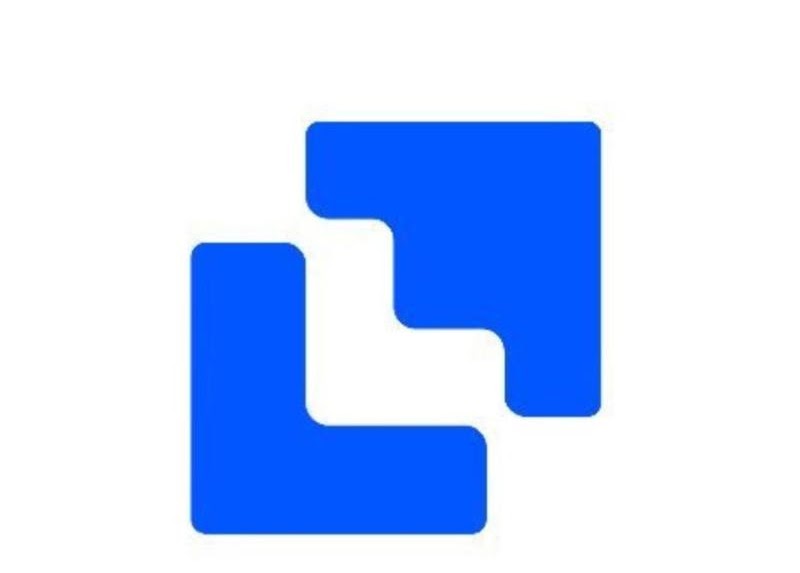On November 20, Liquid announced through Twitter that all trading activity has been paused on the site in accordance with instructions from FTX Trading. According to the statement, "all kinds of trade" have been put on hold on the Liquid exchange while the Chapter 11 procedure is being handled by the Delaware courts.
“We have since done so while we assess the situation. We are working through these issues and will endeavour to give a fuller update in due course,” Liquid added.
Liquid ceased operations five days after the exchange stopped allowing any withdrawals over its platform in order to meet the requirements of voluntary Chapter 11 proceedings. Another local subsidiary of FTX, FTX Japan, received a similar request to suspend business orders on November 10 from Japan's Financial Services Agency.
After FTX US purchased the assets of defunct crypto lender Voyager Digital in September, the latter has been actively seeking a new buyer. It was previously reported that FTX’s insolvency had caused problems at other FTX subsidiaries, including Liquid. It was also revealed on November 13 that cryptocurrency exchange CrossTower was preparing a new bid for Voyager’s assets following the company’s reopening of the bidding process.
LedgerX, which operates as FTX US Derivatives, is just one of many FTX subsidiaries working hard to split from the parent company. LedgerX was determined to be exempt as a debtor in FTX’s bankruptcy case based on a strategic analysis of FTX’s global assets. Financial services firm Perella Weinberg found that many FTX subsidiaries that require regulatory or licensing approval have “solvent balance sheets, responsible management, and significant franchises.”
FTX Japan, Quoine, FTX Turkey Teknoloji Ve Ticaret, FTX EU, FTX Exchange FZE, and Zubr Exchange were all identified as debtors by Perella Weinberg.
When FTX filed for Chapter 11 bankruptcy in the United States, the Japanese cryptocurrency exchange Liquid halted all trade.



